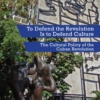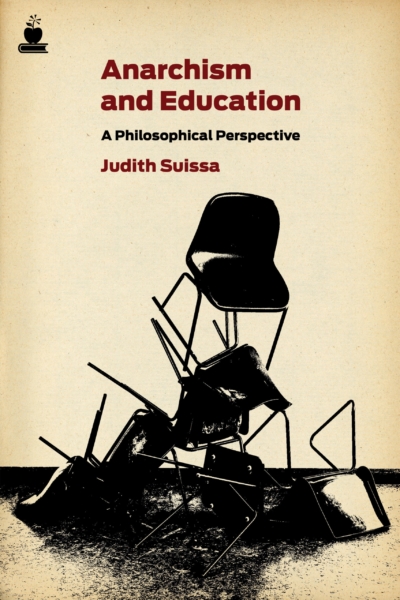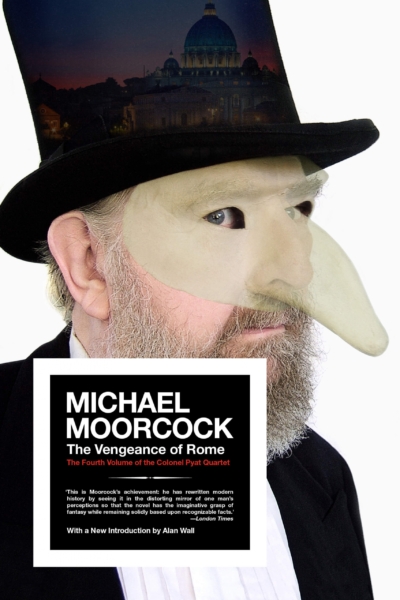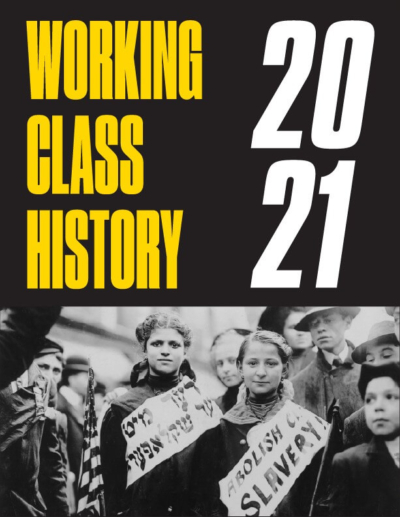Grounded in painstaking research, To Defend the Revolution Is to Defend Culture revisits the circumstances which led to the arts being embraced at the heart of the Cuban Revolution. Introducing the main protagonists to the debate, this previously untold story follows the polemical twists and turns that ensued in the volatile atmosphere of the 1960s and ’70s. The picture that emerges is of a struggle for dominance between Soviet-derived approaches and a uniquely Cuban response to the arts under socialism. The latter tendency, which eventually won out, was based on the principles of Marxist humanism. As such, this book foregrounds emancipatory understandings of culture.
To Defend the Revolution Is to Defend Culture takes its title from a slogan – devised by artists and writers at a meeting in October 1960 and adopted by the First National Congress of Writers and Artists the following August – which sought to highlight the intrinsic importance of culture to the Revolution. Departing from popular top-down conceptions of Cuban policy-formation, this book establishes the close involvement of the Cuban people in cultural processes and the contribution of Cuba’s artists and writers to the policy and praxis of the Revolution. Ample space is dedicated to discussions that remain hugely pertinent to those working in the cultural field, such as the relationship between art and ideology, engagement and autonomy, form and content. As the capitalist world struggles to articulate the value of the arts in anything other than economic terms, this book provides us with an entirely different way of thinking about culture and the policies underlying it.
Praise:
“Rebecca Gordon-Nesbitt has written a tremendous book, one that allows us to imagine what culture might look like in a free society—a society where art and culture are not dictated by a market, and can be developed and expressed freely—limited only by the imagination. This opening of the imagination as to what is possible is achieved through a detailed cultural and political description of the early years of the Cuban Revolution. Gordon-Nesbitt finds a wonderful balance between expressing the unencumbered prioritization of cultural expression in Cuba and the various challenges that this process faced.”
—Marina Sitrin, author of They Can’t Represent Us! Reinventing Democracy from Greece to Occupy
“This book will delight some readers and provoke others. But whatever your take on socialist cultural policy, this broadly affirmative account of Cuban experiences makes fascinating reading. Rebecca Gordon-Nesbitt’s meticulously researched study makes a substantive contribution to our understanding of the historical development of cultural policy under different political and economic regimes”
—Oliver Bennett, editor of the International Journal of Cultural Policy
About the Contributors:
With a BSc in Biochemistry and Molecular Biology, an MA in the History of Art, an MRes in Social Research, a PhD in Sociology and a decade of experience as a curator of contemporary art, Dr. Rebecca Gordon-Nesbitt is a Renaissance woman. Increasingly deploying an investigative approach, she has scrutinised the devolution of cultural provision from local government to the private sector. As Researcher-in-Residence at the Centre for Contemporary Art Derry~Londonderry, she interrogated claims of culture-led regeneration being made in relation to the first incarnation of UK City of Culture. As Research Associate at Arts for Health, Manchester Metropolitan University, she compiled an international evidence base around the longitudinal relationship between arts engagement and health, which tentatively demonstrated a positive association between attending arts events and longer lives better lived. Her writing has been extensively published in anthologies, monographs, catalogues and journals, a selection of which is available HERE.
Since 1994, Jorge Fornet has been director of the Centre for Literary Research at Casa de las Américas, where he also codirects the eponymous journal with Roberto Fernández Retamar. He has written widely on Latin American literature, focusing on the projects and worldview of writers born towards the end of the 1950s. In 2005, Jorge obtained a research scholarship from the Latin American Studies Center at the University of Maryland, and spent a semester with graduate students there. This gave rise to an essay, titled “Los nuevos paradigmas. Prólogo narrativo al siglo XXI” [The New Paradigms: Narrative prologue to the 21st century], which won the prestigious Alejo Carpentier prize. His critical consideration of the grey years, El 71. Anatomía de una Crisis [In ’71: Anatomy of a Crisis], published in 2013, is considered in To Defend the Revolution.
Product Details:
Author: Rebecca Gordon-Nesbitt • Foreword by Jorge Fornet
Publisher: PM Press
ISBN: 978-1-62963-104-2
Published: 09/2015
Format: Paperback
Size: 9×6
Page count: 448
Subjects: History-Cuba/Art
















